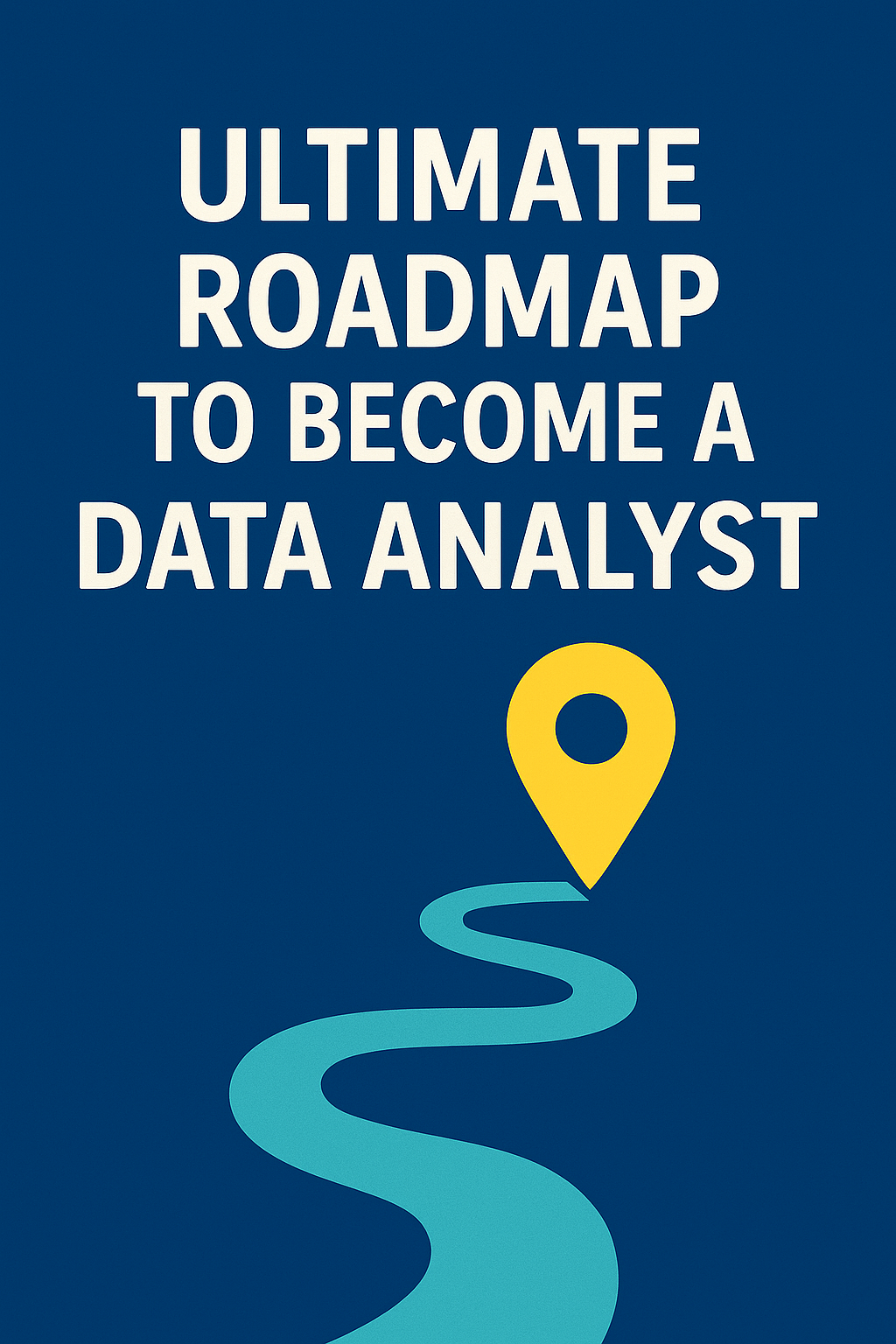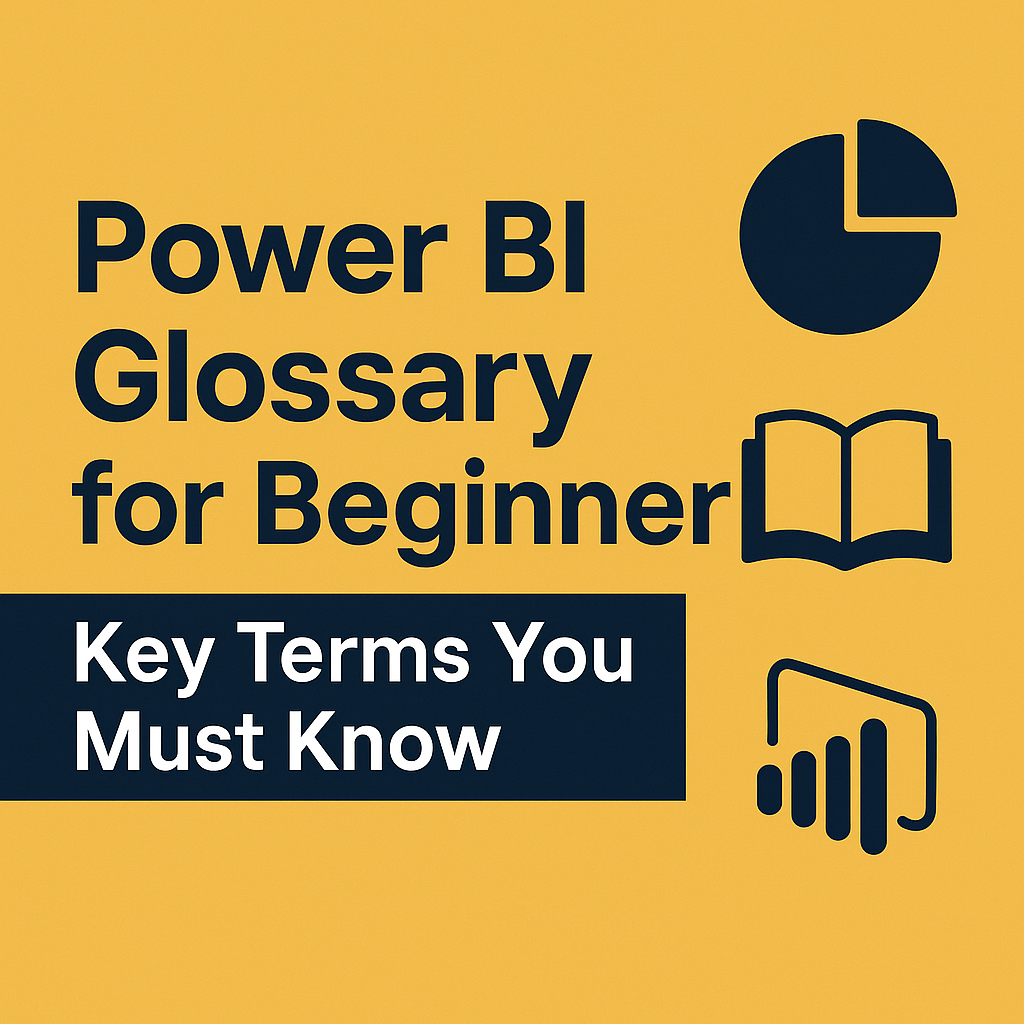
Essential Python Libraries for Data Science
Python has become the backbone of data science. Its extensive ecosystem of libraries makes it possible to clean, manipulate, visualize, and model data with efficiency and precision. Whether you’re just starting out or already deep into your data journey, mastering the right Python libraries can make all the difference.
Here’s a breakdown of the most essential Python libraries every data scientist should know.
1. Core Libraries
These are the foundational tools for numerical computing and data handling.
- NumPy → Provides powerful tools for numerical operations, array manipulation, and linear algebra. Almost every other data science library builds on NumPy.
- Pandas → The go-to library for data cleaning, analysis, and transformation with easy-to-use data structures like DataFrames.
2. Data Visualization
Turning raw data into meaningful visuals is critical in data science.
- Matplotlib → The most widely used static plotting library for creating line, bar, scatter, and custom plots.
- Seaborn → Built on Matplotlib, Seaborn simplifies statistical plotting with beautiful defaults and advanced chart types.
- Plotly → Enables interactive visualizations and dashboards, perfect for storytelling and web-based data exploration.
3. Machine Learning
These libraries make implementing machine learning models fast and efficient.
- Scikit-learn → A complete ML toolkit for classical algorithms (regression, classification, clustering) and preprocessing.
- XGBoost → Gradient boosting library widely used in competitions for its speed and performance.
- LightGBM → Known for handling large datasets quickly with distributed gradient boosting.
- CatBoost → Specializes in categorical features, offering strong performance without heavy preprocessing.
4. Automated Machine Learning (AutoML)
AutoML tools speed up model training, selection, and optimization.
- PyCaret → Low-code framework for rapid ML prototyping.
- Auto-sklearn → Automates model selection and hyperparameter tuning.
- H2O → Provides scalable ML tools for big data processing.
- TPOT → Uses genetic algorithms to optimize ML pipelines automatically.
- Optuna → Flexible tool for hyperparameter optimization.
- FLAML → Lightweight AutoML library for fast experimentation.
5. Deep Learning
When working with complex data like images, text, and audio, deep learning libraries are essential.
- TensorFlow → Google’s open-source framework for scalable deep learning.
- Keras → High-level API built on TensorFlow that simplifies neural network building.
- PyTorch → A flexible deep learning framework widely used in research and production.
- PyTorch Lightning → A wrapper around PyTorch for clean, structured code.
- FastAI → Built on PyTorch, it makes training deep learning models faster and easier.
6. Natural Language Processing (NLP)
Text data powers many real-world applications, from chatbots to sentiment analysis.
- NLTK → A foundational toolkit for natural language processing tasks.
- spaCy → An industrial-strength NLP library optimized for speed and production use.
- Gensim → Specialized in topic modeling and vector space analysis.
- Hugging Face Transformers → State-of-the-art library for transformer-based models like BERT and GPT.
Final Thoughts
These libraries form the core toolkit for modern data scientists. Depending on your focus—whether it’s traditional ML, deep learning, or NLP—you’ll find a set of libraries here that will accelerate your workflow.
Start with the core (NumPy, Pandas, Matplotlib, Scikit-learn), then branch into specialized tools like TensorFlow, PyTorch, or Hugging Face as your projects demand.
The right mix of these libraries will allow you to not just analyze data, but also build real-world, production-ready machine learning solutions.
📚 Recommended Courses to Master Python for Data Science
- IBM Data Science → https://programmingvalley.com/course/ibm-data-science-free-course/
- SQL Basics for Data Science → https://programmingvalley.com/course/sql-for-data-science-free-course/
- Meta Data Analyst Professional Certificate → https://programmingvalley.com/course/meta-data-analyst-free-course/
- Google IT Automation with Python → https://programmingvalley.com/course/google-it-automation-with-python-free-course/
- Generative AI for Data Scientists → https://programmingvalley.com/course/generative-ai-for-data-scientists-free-course/
Amr Abdelkarem
Owner




No Comments